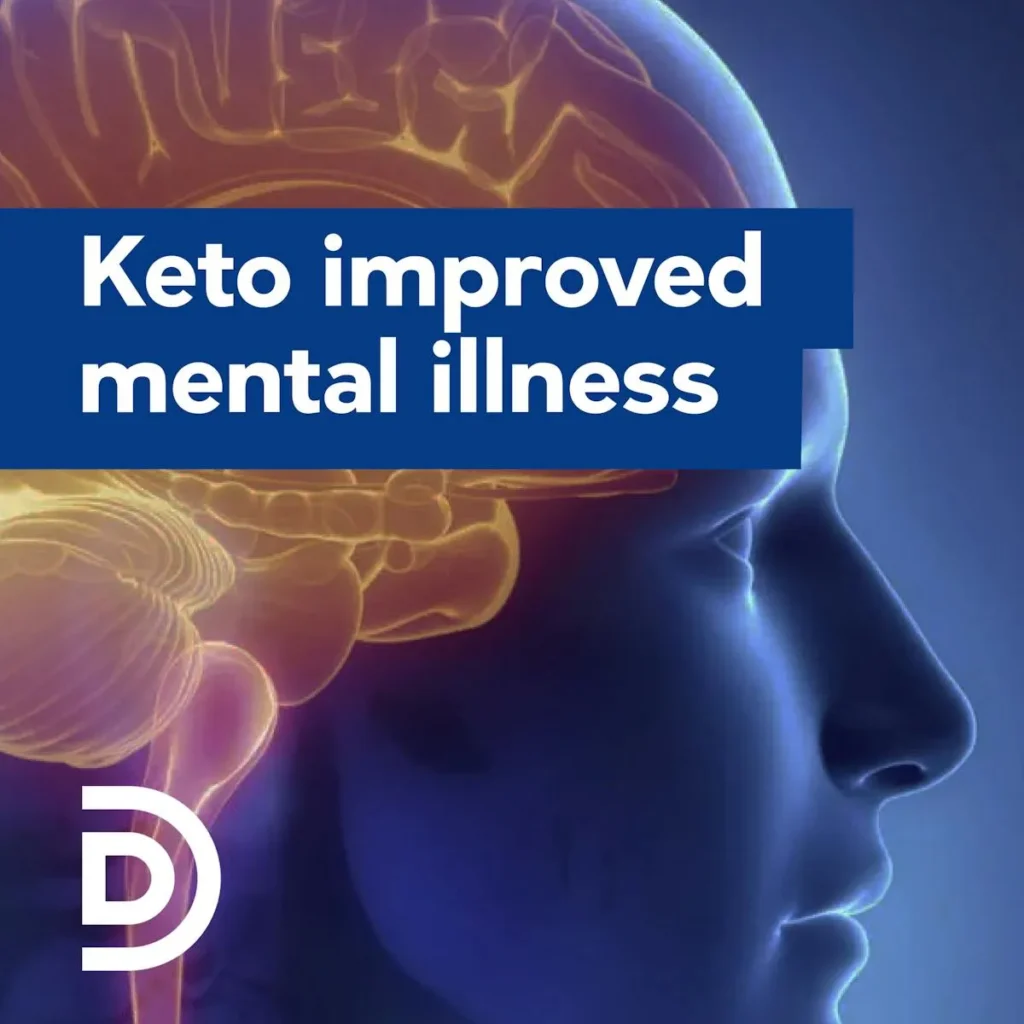
The keto diet has gained immense popularity in recent years for its ability to help people lose weight and improve their physical health. But what many people may not realize is that the keto diet can also have a significant impact on mental well-being. In this article, we will explore how the keto diet can benefit your mental health and provide some frequently asked questions about this diet.
What is the keto diet?
The ketogenic diet, commonly known as the keto diet, is a high-fat, low-carbohydrate diet that has been shown to be effective for weight loss and improving overall health. The main goal of the keto diet is to switch the body’s primary source of fuel from carbohydrates to fats. By drastically reducing carbohydrate intake and increasing fat intake, the body enters a state of ketosis, where it burns fat for fuel instead of glucose.
Benefits of the keto diet for Mental Well-being
1. Improved Mood: Many people report feeling more stable and balanced in terms of mood when following a keto diet. This may be due to the fact that the diet helps to stabilize blood sugar levels, which can have a significant impact on mood and energy levels.
2. Reduced Anxiety and Depression: Some studies have shown that the keto diet may help to reduce symptoms of anxiety and depression. This may be because the diet helps to reduce inflammation in the body, which is believed to play a role in mental health disorders.
3. Increased Mental Clarity: Many people report feeling more focused and alert when following a keto diet. This may be due to the fact that the brain is able to use ketones (produced from fat) as a more efficient source of fuel compared to glucose.
4. Reduced Risk of Neurological Disorders: The keto diet has been shown to be beneficial for people with neurological disorders such as epilepsy and Alzheimer’s disease. Some research suggests that the diet may help to reduce inflammation in the brain and improve cognitive function.
5. Better Sleep: Many people report experiencing improved sleep quality when following a keto diet. This may be due to the fact that the diet helps to regulate blood sugar levels, which can impact sleep patterns.
FAQs about the keto diet
1. Is the keto diet safe for everyone?
The keto diet is generally safe for most people, but it may not be suitable for everyone. It is important to consult with a healthcare provider before starting any new diet, especially if you have a medical condition or are taking medication.
2. How long does it take to enter ketosis?
It typically takes 2-4 days of following a strict keto diet to enter ketosis. Some people may experience symptoms of the “keto flu” during this time, such as fatigue, headaches, and irritability.
3. What foods can I eat on the keto diet?
The keto diet focuses on high-fat foods such as meats, fish, eggs, nuts, seeds, and oils. It also includes low-carbohydrate vegetables such as leafy greens, broccoli, and cauliflower. Foods to avoid on the keto diet include grains, sugars, fruits, and starchy vegetables.
4. Can I exercise while on the keto diet?
Yes, you can exercise while following a keto diet. In fact, many people report improved athletic performance and endurance when in ketosis. It is important to stay hydrated and consume enough electrolytes while exercising on a keto diet.
5. How long should I follow the keto diet?
The length of time you should follow a keto diet depends on your individual goals and health needs. Some people choose to follow the diet for a few weeks to jumpstart weight loss, while others may follow it long-term for health benefits.
In conclusion, the keto diet can have a significant impact on mental well-being by improving mood, reducing anxiety and depression, increasing mental clarity, reducing the risk of neurological disorders, and improving sleep. If you are considering trying the keto diet, be sure to consult with a healthcare provider to ensure it is safe and appropriate for your individual needs. The keto diet is not a one-size-fits-all approach, so it is important to listen to your body and make adjustments as needed. With the right guidance and support, the keto diet can be a powerful tool for improving both physical and mental health.